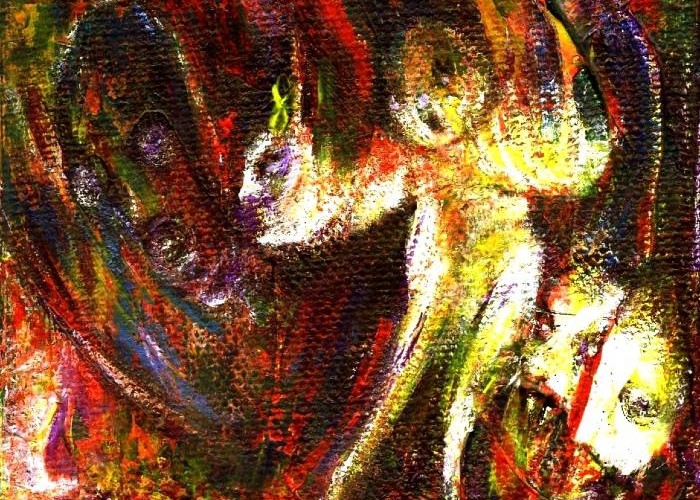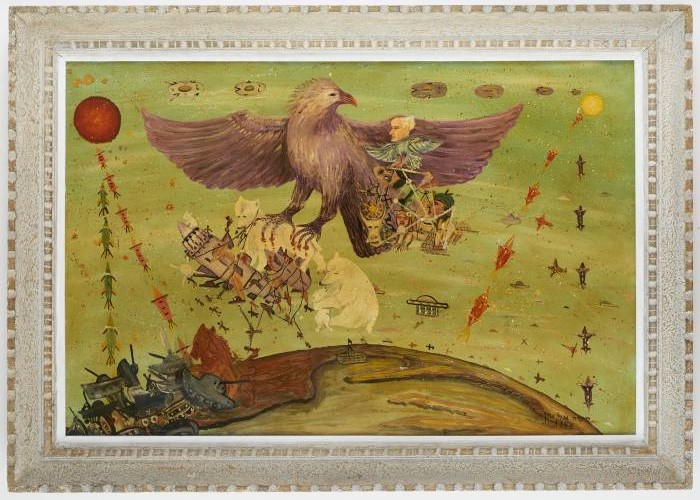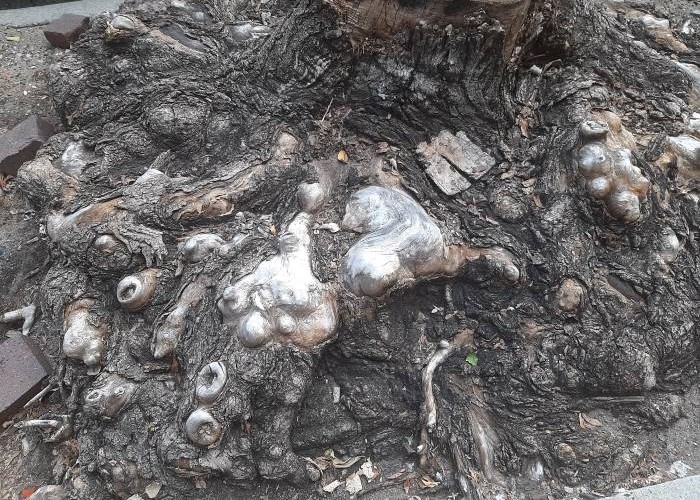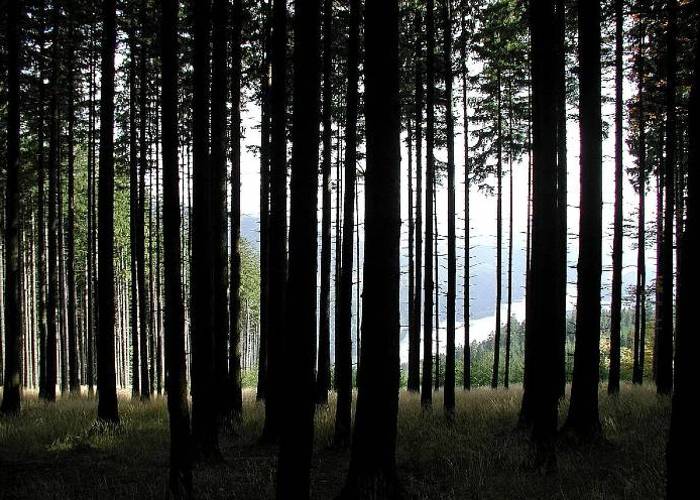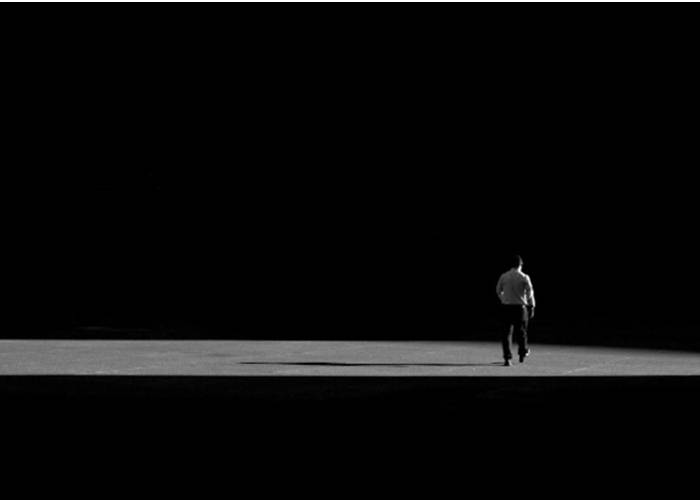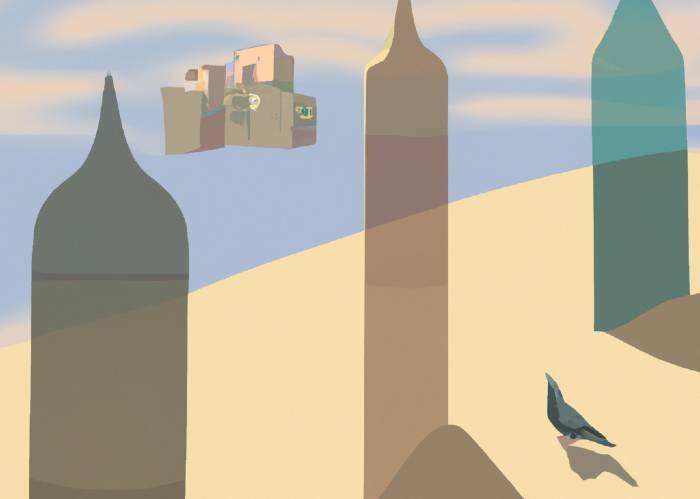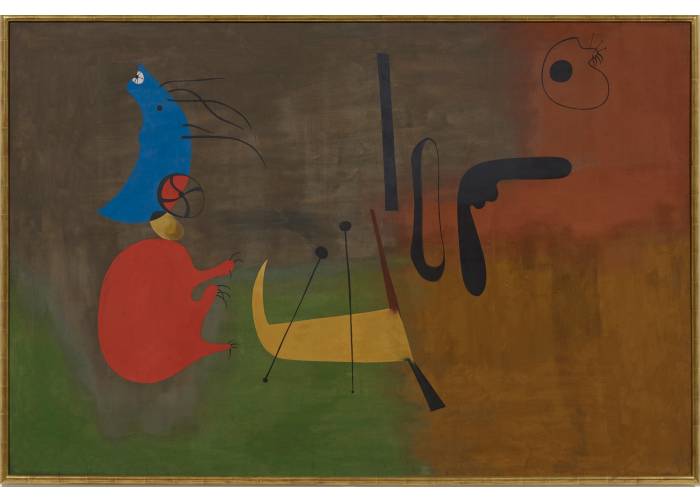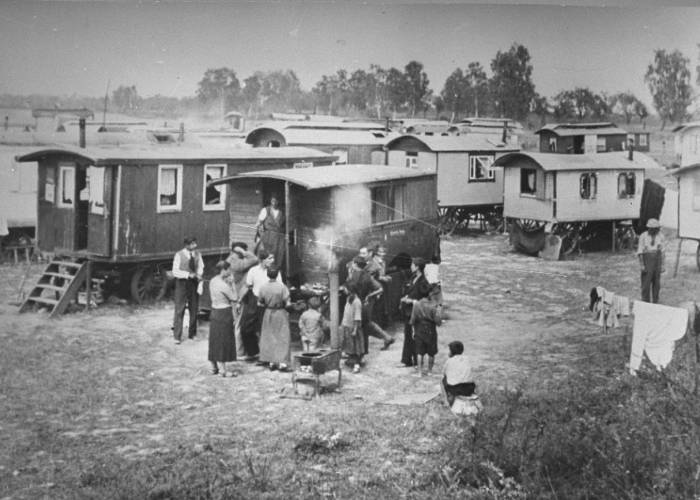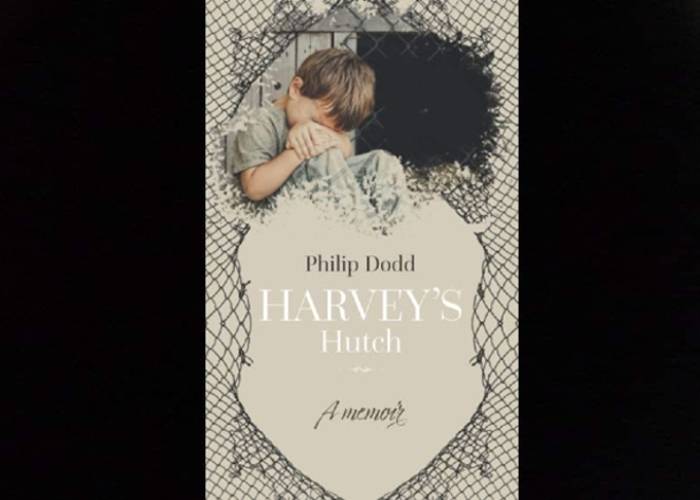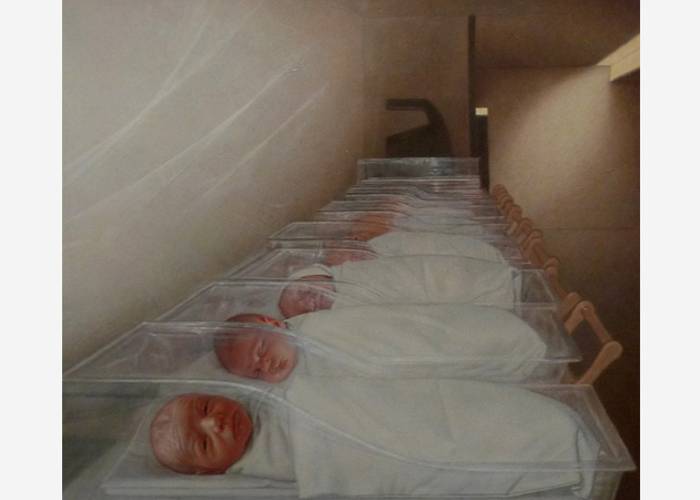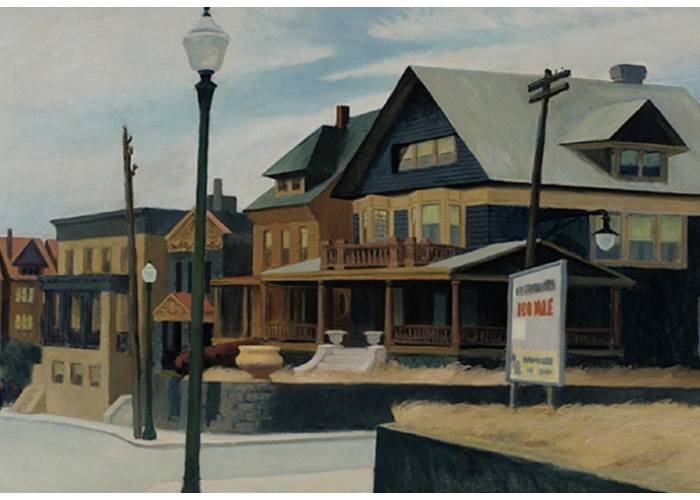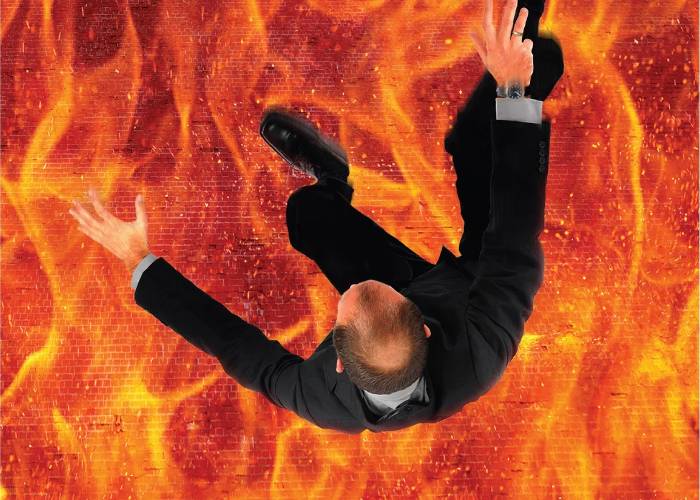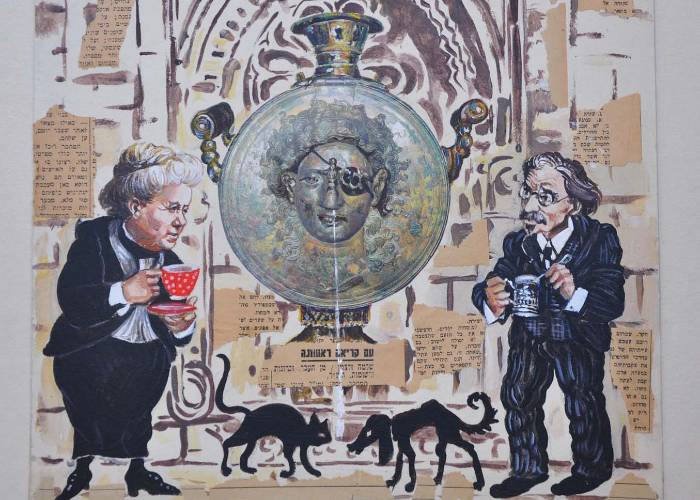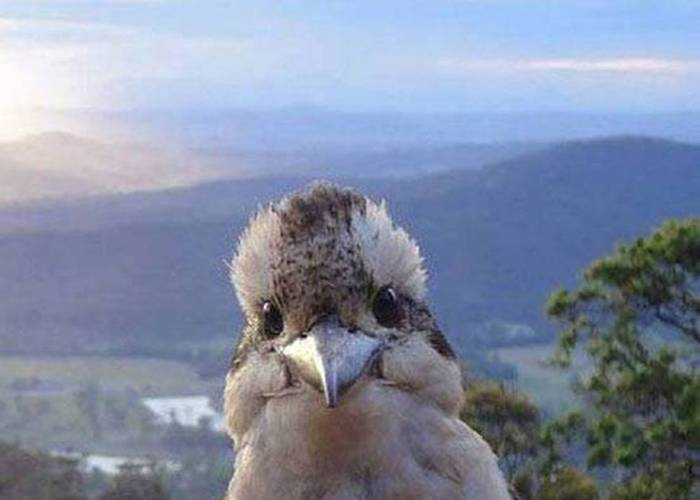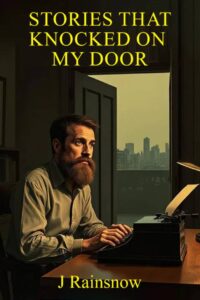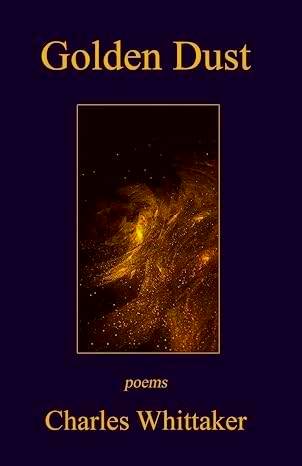Like ghosts walking through walls, they come back into my life. These women who, for a time, were stars in my sky, beacons when I was broken. We talked, we listened, we grew together like trees in an orchard, bearing fruit for each other on branches that never touched, or that the wind blew together for only a moment. We stood next to each other in our days of glory, which we thought were the autumn. Thinking that, we missed the summer. Our leaves fell together, in mutual sorrow, their red and yellow leaves mingling with my orange leaves and brown leaves, crumbling leaves embracing each other at the foot of the wooden trunks that wouldn’t meet, deep roots seeking each other out in the darkness of hidden soil, reaching out like a blind man’s hands, trying to find life, finally intertwining with inhibitions, resigned to loneliness. I put my hands on the shoulders of your loneliness, you whispered kind things to my solitude. The appreciation in your eyes was like the moon that lights up the night. Every time I made a difference, I was born again. Your eyes rocked me like a baby. Time doesn’t stop. And nothing can stop it. Dreams don’t stop it; fantasies don’t stop it; reality doesn’t stop it, though we wouldn’t know that. We were each other’s’ daydream, our minds kept the rain off, we stopped the bleeding; maybe we didn’t touch because we didn’t want to bleed any more. And now we’re all ghosts, fading slowly. Look at me, and you can see the house I’m standing in front of more clearly than you can see me; you can see the world that’s coming more than you can see the world that I come from, that I loved, that I threw my heart at. I’m becoming like a window through which you can see everything that’s not me and will replace me. But if you look closely enough, you can still see a little bit of me, like mist in the shape of a body, standing in the place where we almost loved. Thinking of you, thanking you, as the roosters of a world that doesn’t know me begin to crow for someone else’s morning. Soon I’ll be gone, leaving nothing behind except this gratitude as deep as a canyon, gouged into the earth like a love letter to you, which tomorrow won’t understand; which tomorrow doesn’t need to understand.
2
I’M NOT A WRITER. I’m not sure what I am. I get waylaid. I’m planning to do something practical, sit down, meditate, rest, take a break from driving, stretch my legs. And suddenly, I get bit. Whatever it is, it packs a punch, it’s like a scorpion filled with ambrosia, isn’t that the drug that’s worse than fentanyl? The only cure is to sit down in the chair in front of my computer. It used to be a typewriter. Don’t worry, I’ll just dabble, I’ve got the dabble virus, I’ll write a tiny bit till it goes away, till I run into a wall and go back to sleep. But something knocks a hole in the wall, and unexpectedly, I’m in a new green place, there’s a tree, I’ve got to taste an apple. And there’s another tree, beyond that one, and it’s got fruit, too. A few more steps, and I’m full in, I’m a citizen of the newest country in the world, the one that’s being made underneath my feet. Every step I take extends its boundaries, and suddenly I’m the President and have to lead it. Except I’m not me. It’s like I’m a hollow flute and someone else is blowing through it. My brain is gone and it just keeps coming, this stuff falling onto my page like snow out of the sky. I’m not a writer, I’m emptiness, I know how to move aside and let the wind blow through me. It dislodges things I didn’t know were there, and drives them forward like a hurricane carries trees and telephone poles, and leaves cars on top of roofs. Wow, where am I? I don’t know where I’m going, I’ve written myself into a box, can’t figure anything out, I’ve made a labyrinth and got lost in it. But suddenly, a golden thread appears out of nowhere, I just follow it. Things that make no sense fall into place, I realize they were always there. It’s all complete somewhere, it doesn’t have to be made, it just has to be found. I find it little by little. I just let myself fall and there it is. They call this creating, but it’s just receiving. It’s me not being me for a moment, me being the thing I’m afraid to return to, the vast thing I run away from and imagine I’m not a part of, and try to drive away with medicine, and by listening to cheerful things that have no depth perception. This is the ocean and I’m just a drop, a drop that’s full of the DNA of water, which is nothing and everything. The writing’s just a hint. I don’t do it, so it’s proof there’s something else there that does, coming through me, scraping out my idiosyncrasies to give an individual color to the transmission, like sediment in a river, except that my idiosyncrasies were also made by that force. Thus, I am the flute and the air that goes through the flute and the sounds which come out, which means I am NOT. I am IT, 100% IT, non-me, the hoop the message flies through, without glory, also without death. The right instrument for that one song, the instrument which the hand that isn’t mine picks out of the closet of a million instruments to use just for this. But, in being used, I fuse. ONE. No longer will I say, ‘I hope you enjoy MY story.’ It is A story. Like little bees, we carry traces of nectar to the hive, doing the work of the Greater Mind, making the honey which is sweeter than purpose. I am just one bee, carrying one trace of nectar to the hive. No intellect involved, that’s just a mirage; just instinct, beautiful instinct, and the beautiful unfathomable hive.




























